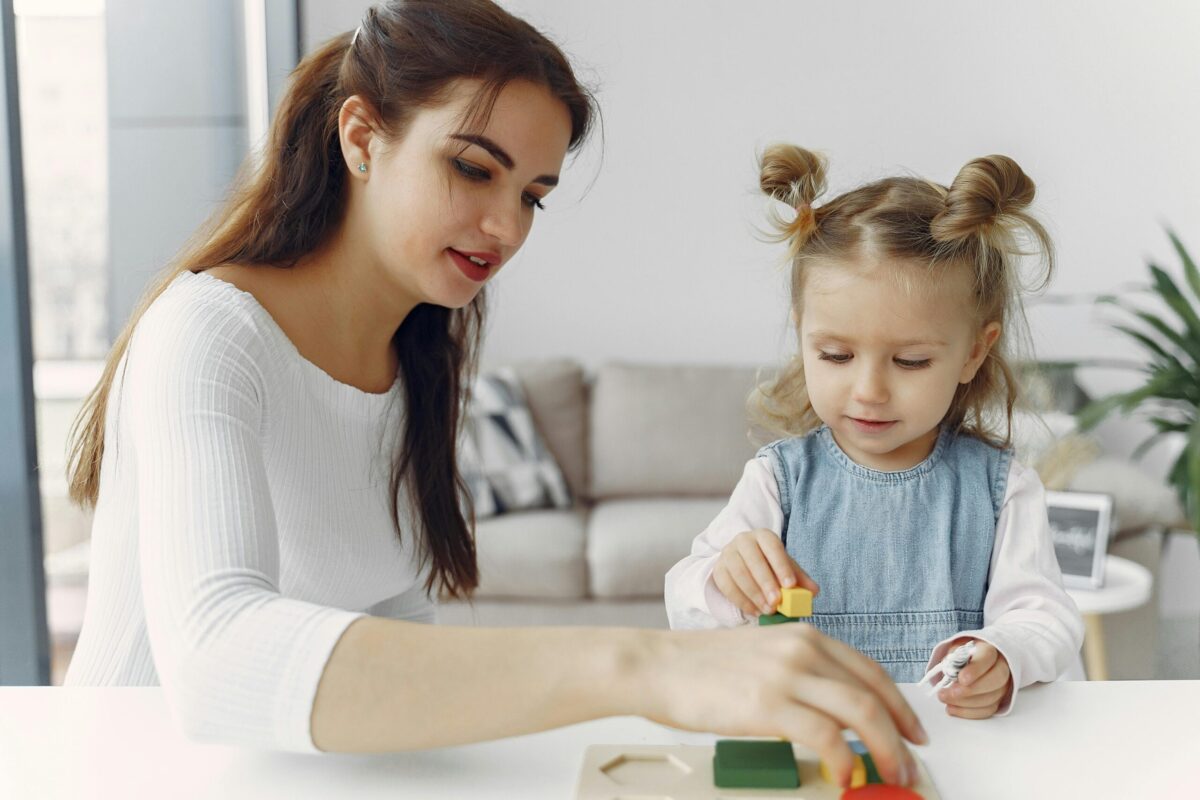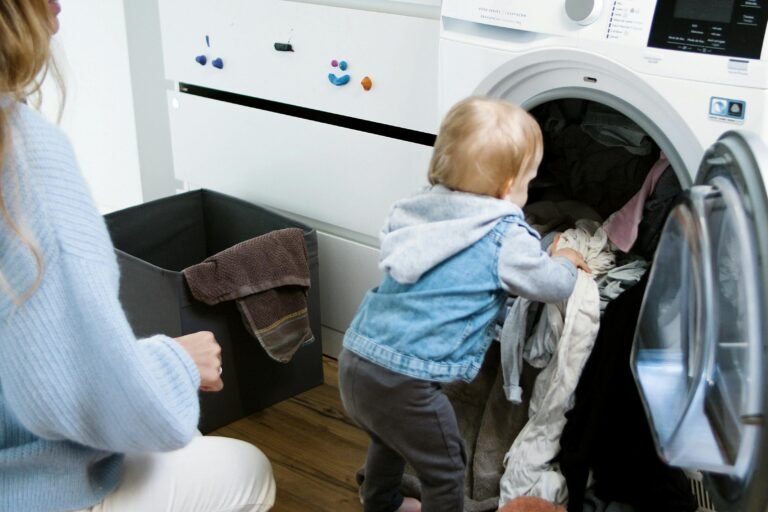While self-esteem may come naturally to some children, others require consistent support and encouragement to develop it over time.
Self-esteem plays a crucial role in a child’s development.
When children believe in their worth and abilities, they’re more likely to take on new challenges, explore unfamiliar activities, and persevere when things get tough.
This confidence helps them learn more effectively, build stronger relationships, and develop resilience that supports their overall well-being.
Ways to boost your child’s self-esteem

Children are incredibly perceptive, especially when it comes to the behavior of their parents and caregivers.
Your behavior has a powerful impact on your child’s self-esteem, often more than anything else.
From the time they’re babies, children absorb not just what you say, but how you say it—your tone of voice, facial expressions, and body language all send strong messages. Even the smallest interactions help shape how they see themselves and their place in the world.
Correcting Gently

When correcting children, stay patient and calm.
Instead of focusing on what they did wrong, guide them toward what they should do differently next time.
The messages children hear about themselves from others shape how they see themselves.
The words they hear can build their confidence or break it down.
This article could help you teach your child to learn from mistakes: Teaching kids to learn from mistakes.
Set an example

Role modeling healthy self-esteem is one of the most powerful ways to help a child develop a strong, positive sense of self.
When a parent or caregiver demonstrates self-respect, confidence, and self-compassion daily, children learn to internalize those attitudes.
Children are always watching and learning. Set an example that helps lay the foundation for how they view themselves and navigate the world.
Encourage learning new skills

When kids see themselves mastering something new, whether it’s solving math problems or learning to swim, they feel empowered.
This sense of accomplishment boosts their confidence, encourages a growth mindset, and helps them become more resilient in the face of challenges.
Encourage kids to try something new to enhance their abilities and strengthen their confidence.
Accepting setbacks

It’s essential to help kids understand that Failure is part of learning, and not a sign of inadequacy.
When children are praised for trying hard or bouncing back after a disappointment, they internalize the belief that their worth isn’t tied to perfection.
Teach kids to navigate setbacks and imperfections with resilience and not to focus entirely on constant success.
A balanced feedback

Offer constructive criticism and genuine praise in an appropriate measure, that is not overly harsh or flattering.
When your feedback is honest but kind and is focused on effort, not just outcomes, kids feel safe, seen, and valued.
A balanced feedback helps them stay grounded and learn to believe in themselves.
Giving love

Unconditional love without judgment helps children grow up feeling worthy, capable, and loved for who they are and not just for what they do.
It lays a strong foundation for lifelong emotional resilience and self-esteem.
Value your child’s abilities and spend time with your child in activities he/she enjoys the most to build self-esteem.
Set realistic goals

Focusing on small, manageable goals is a powerful strategy to help children build confidence, resilience, and a positive attitude toward learning and growth.
Small goals are easier to understand and focus on. They can reach these goals one step at a time without becoming overwhelmed.
Congratulate kids on effort, progress, and attitude throughout the process.
How do you think kids can be kept motivated with a boost in their self-esteem? Do share in comments.





Pingback: 5 Tips To Empower your child against bullying - Natural goodness